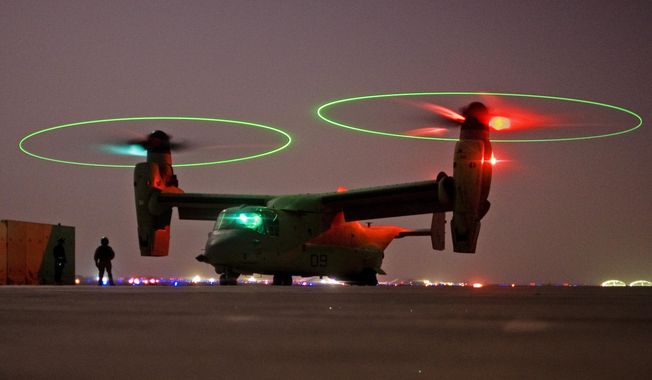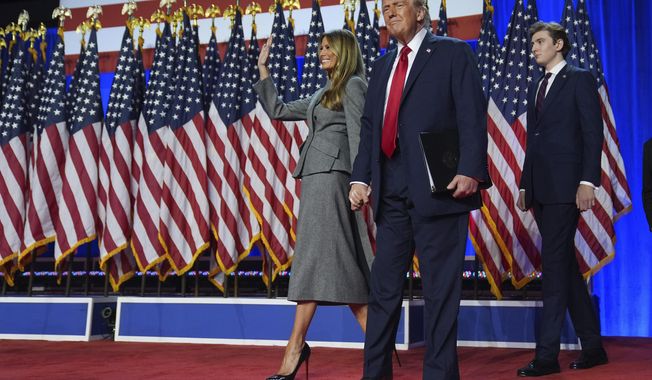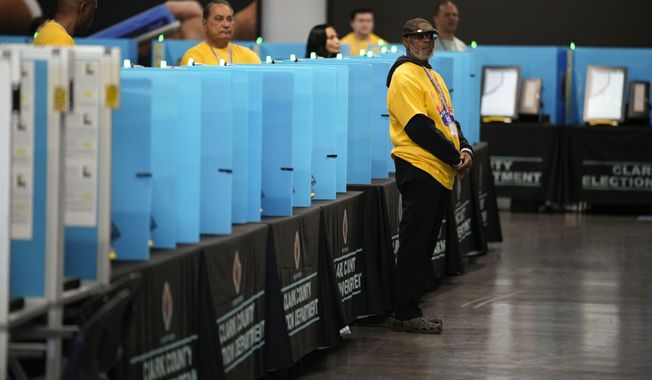
This frame grab from video, provided by the Federal Aviation Administration (FAA) shows a test at the FAAs technical center in Atlantic City, N.J. last April, where a cargo container was packed with 5,000 rechargeable lithium-ion batteries. A cartridge heater was inserted to simulate a single battery experiencing uncontrolled overheating. Forty-four minutes into the test a build-up of flammable gases inside the container caused an explosion that blew open the container’s door and sent boxes flying. The container was soon fully engulfed in flames. New U.S. government tests are raising concern that rechargeable lithium batteries carried as cargo on passenger airliners around the world are susceptible to fires or explosions that could destroy the planes. Yet U.S. and international officials have been slow to adopt safety restrictions that might affect both powerful industries that depend on the batteries and the airlines that profit from shipping them. The batteries are for products ranging from cellphones and laptops to hybrid cars. (AP Photo/FAA)
Featured Photo Galleries

Trump Transition: Here are the people Trump has picked for key positions so far
President-elect Donald Trump has announced a flurry of picks for his incoming administration. Get full coverage of the Trump transition from The Washingon Times.

Trump dances onstage, takes post-election nation by storm
President-elect Trump dances onstage












